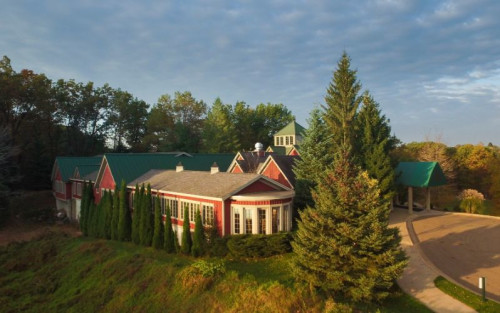

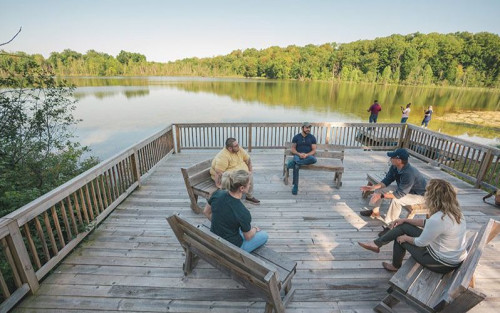



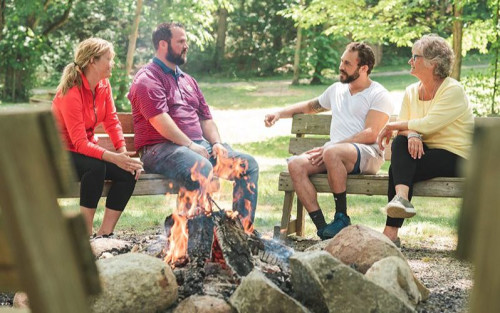
Skywood Recovery
Verified Center
This provider's information has been quality-checked by Recovery.com's Research Team for accuracy and completeness, including center verification through appropriate third-party organizations.
Treatment Focus
This center treats substance use disorders and co-occurring mental health conditions. Your treatment plan addresses each condition at once with personalized, compassionate care for comprehensive healing.
Primary Level of Care
Offering intensive care with 24/7 monitoring, residential treatment is typically 30 days and can cover multiple levels of care. Length can range from 14 to 90 days typically.
Treatment Focus
This center treats substance use disorders and co-occurring mental health conditions. Your treatment plan addresses each condition at once with personalized, compassionate care for comprehensive healing.
Primary Level of Care
Offering intensive care with 24/7 monitoring, residential treatment is typically 30 days and can cover multiple levels of care. Length can range from 14 to 90 days typically.
Provider's Policy
We are in network with most commercial insurance providers but do not accept Medicaid or Medicare. Our admissions coordinators can tell you whether treatment is needed, what kind may be best, and what insurance will cover. Our goal is simple: to provide honest, straightforward, life-changing help.
Skywood Recovery
Skywood Recovery
About Skywood Recovery
Skywood Recovery is located on 300 acres of woodland, fields, and ponds in beautiful Augusta, Michigan. Skywood Recovery believes that clients are not their diagnosis, and they should not be treated like a condition. Using an integrated, whole-person approach, Skywood Recovery treats addiction and co-occurring disorders with compassion and respect. Their levels of care include residential care with detox, day treatment, an intensive outpatient program (IOP), and general outpatient.
Expert, Integrative Care
A talented and qualified team of clinical and psychological staff helps make treatment both tailored and safe. Each client at Skywood Recovery receives a thorough treatment assessment, which uses a bio-psycho-social model to understand clients’ past, present, and what they want for the future. Using this, Skywood’s professionals craft unique and fully personalized treatment plans that include a blend of evidence-based, holistic, and spiritual therapies to treat the whole person.
Recovery Based on Evidence
Skywood Recovery notably doesn’t make claims or promises regarding recovery. They see addiction as a disease that can be effectively treated, but not cured. Skywood offers encouragement and hope through reality–addiction can be treated. They offer psychoeducation to educate clients and their loved ones on the nature of addiction, medications, and co-occurring conditions. Their therapies include:
•Dialectical behavior therapy (DBT)
•Cognitive behavioral therapy (CBT)
•Acceptance and commitment therapy (ACT)
•Adventure therapy
•Art therapy
•Equine therapy
•Nutrition and wellness
•Family therapy
•Anger management, 12-Step and peer support meetings.
Heal In Luxury And Serenity
Once a 300-acre golf resort, Skywood Recovery has over 5 miles of paths through their beautiful woodland acreage. Every acre flourishes with wildlife and tranquil greenery. Clients can enjoy daily hikes through the woods and take in the peace and privacy of Skywood’s grounds day or night. Inside, clients will enjoy shared living quarters in cottage-like accommodations. On-site chefs prepare healthy and nutritious meals every day of the week. From Skywood’s clinical staff to their housekeeping crew, each member is fully dedicated to the needs and success of each client.

Highlights from the Center
Highlights
These highlights are provided by and paid for by the center.
Equine Therapy
Nature Lovers
Therapeutic Location
Lakeside
Center Overview
Treatment Focus
This center treats substance use disorders and co-occurring mental health conditions. Your treatment plan addresses each condition at once with personalized, compassionate care for comprehensive healing.
Joint Commission Accredited
The Joint Commission accreditation is a voluntary, objective process that evaluates and accredits healthcare organizations (like treatment centers) based on performance standards designed to improve quality and safety for patients. To be accredited means the treatment center has been found to meet the Commission's standards for quality and safety in patient care.

Insurance Accepted
Cash Pay Rates
Estimated Cash Pay Rate
Center pricing can vary based on program and length of stay. Contact the center for more information. Recovery.com strives for price transparency so you can make an informed decision.
Meet Your Care Team

Chad Koller
CEO

Jeremy Carmean
Senior Assistant Administrator

Ashley Shuster
Director of Operations

Susan Schram
Director of Business Development
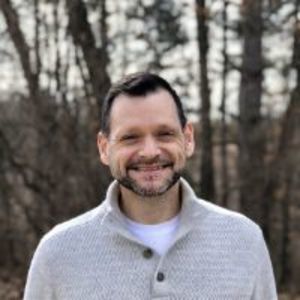
Andy Briggs
Clinical Director

Heather Kidder
Chief NP

Teri Balwin
Director of Nursing

Taylor Westrate
Consulting Psychologist

Krystal Carrier
Business Office Manager
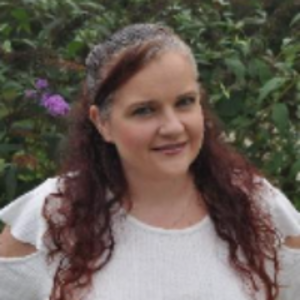
Melissa Murrie
Patient Care Coordinator Manager
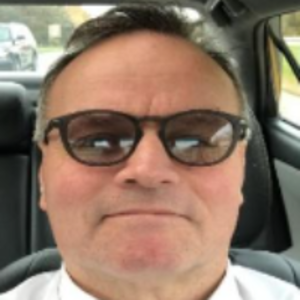
Art McGuff
Therapist
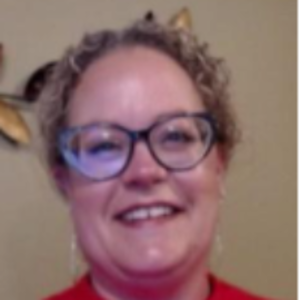
Angela Morrison
Therapist
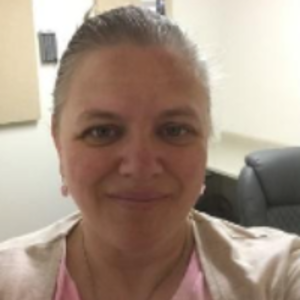
Jennifer Ranalli
Therapist
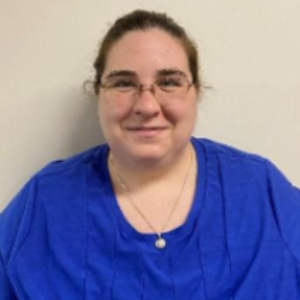
Laura Chesbro
Therapist
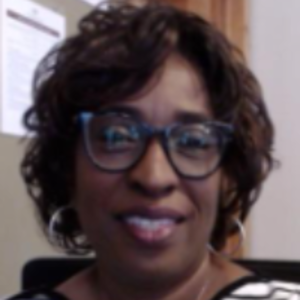
Leslie Dewberry
Therapist
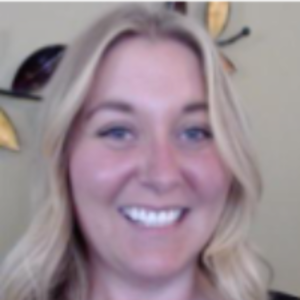
Kerissa Glascott
Group Facilitator
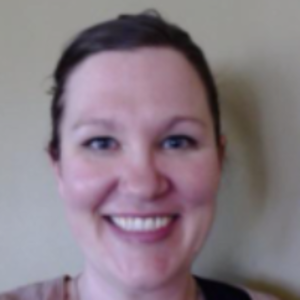
Katherine Marshall
Group facilitator

Danielle Jamrog
Patient Care Coordinator
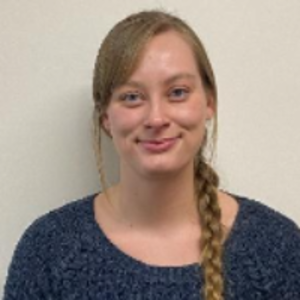
Aubrie Case
Patient Care Coordinator
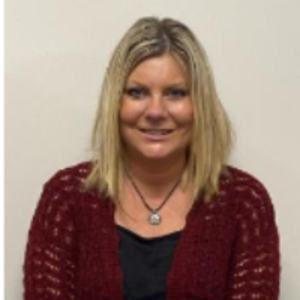
Amber Main
Patient Care Coordinator




Levels of Care








Your Care Options
Specializations
Alcohol
Using alcohol as a coping mechanism, or drinking excessively throughout the week, signals an alcohol use disorder.
Detox
Detox fully and safely removes toxic substances from the body, allowing the next steps in treatment to begin with a clean slate.
Co-Occurring Disorders
A person with multiple mental health diagnoses, such as addiction and depression, has co-occurring disorders also called dual diagnosis.
Drug Addiction
Drug addiction is the excessive and repetitive use of substances, despite harmful consequences to a person's life, health, and relationships.
Equine Therapy
Guided interactions with trained horses, their handler, and a therapist can help patients improve their self-esteem, trust, empathy, and social skills.
Trauma
Some traumatic events are so disturbing that they cause long-term mental health problems. Those ongoing issues can also be referred to as "trauma."
Who We Treat
Executives
Executive treatment programs typically directly support the needs of people who manage businesses and may provide flexible schedules and office space to allow work during treatment.
Men and Women
Men and women attend treatment for addiction in a co-ed setting, going to therapy groups together to share experiences, struggles, and successes.
Professionals
Busy, high-ranking professionals get the personalized treatment they need with greater accommodations for work, privacy, and outside communication.
Approaches
Evidence-Based
A combination of scientifically rooted therapies and treatments make up evidence-based care, defined by their measured and proven results.
Holistic
A non-medicinal, wellness-focused approach that aims to align the mind, body, and spirit for deep and lasting healing.
Personalized Treatment
The specific needs, histories, and conditions of individual patients receive personalized, highly relevant care throughout their recovery journey.
Therapies
1-on-1 Counseling
Patient and therapist meet 1-on-1 to work through difficult emotions and behavioral challenges in a personal, private setting.
Meditation & Mindfulness
A practiced state of mind that brings patients to the present. It allows them to become fully aware of themselves, their feelings, and the present moment.
Online Therapy
Patients can connect with a therapist via videochat, messaging, email, or phone. Remote therapy makes treatment more accessible.
Mindfulness Therapy
This ancient practice can be mental, emotional, and even spiritual. In meditation, you focus your attention on the present moment without judgement.
Adventure Therapy
This experiential approach uses the physical and emotional challenges of outdoor activities as tools for personal growth.
Animal Therapy
Animals can inspire trust and self-worth. In this experiential therapy, guided interactions are used to improve social skills and emotion regulation.
Art Therapy
Visual art invites patients to examine the emotions within their work, focusing on the process of creativity and its gentle therapeutic power.
Conditions We Treat
Codependency
Codependency is a pattern of emotional dependence and controlling behavior. It's most common among people with addicted loved ones.
Substances We Treat
Alcohol
Using alcohol as a coping mechanism, or drinking excessively throughout the week, signals an alcohol use disorder.
Benzodiazepines
Benzodiazepines are prescribed to treat anxiety and sleep issues. They are highly habit forming, and their abuse can cause mood changes and poor judgement.
Chronic Relapse
Consistent relapse occurs repeatedly, after partial recovery from addiction. This condition requires long-term treatment.
Co-Occurring Disorders
A person with multiple mental health diagnoses, such as addiction and depression, has co-occurring disorders also called dual diagnosis.
Cocaine
Cocaine is a stimulant with euphoric effects. Agitation, muscle ticks, psychosis, and heart issues are common symptoms of cocaine abuse.
Drug Addiction
Drug addiction is the excessive and repetitive use of substances, despite harmful consequences to a person's life, health, and relationships.
Ecstasy
Ecstasy is a stimulant that causes intense euphoria and heightened awareness. Abuse of this drug can trigger depression, insomnia, and memory problems.
Heroin
Heroin is a highly addictive and illegal opioid. It can cause insomnia, collapsed veins, heart issues, and additional mental health issues.
Psychedelics
Hallucinogenic drugs—like LSD—cause euphoria and increased sensory experiences. When abused, they can lead to depression and psychosis.
Languages
Aftercare
Care Designed for Your Needs
Personal Amenities
Amenities
Special Considerations
Healthy Meals are provided
Great food meets great treatment, with providers serving healthy meals to restore nutrition, wellbeing, and health.
Activities
Yoga
Yoga is both a physical and spiritual practice. It includes a flow of movement, breathing techniques, and meditation.
Off-Site Activities
Off-Site Amenities






